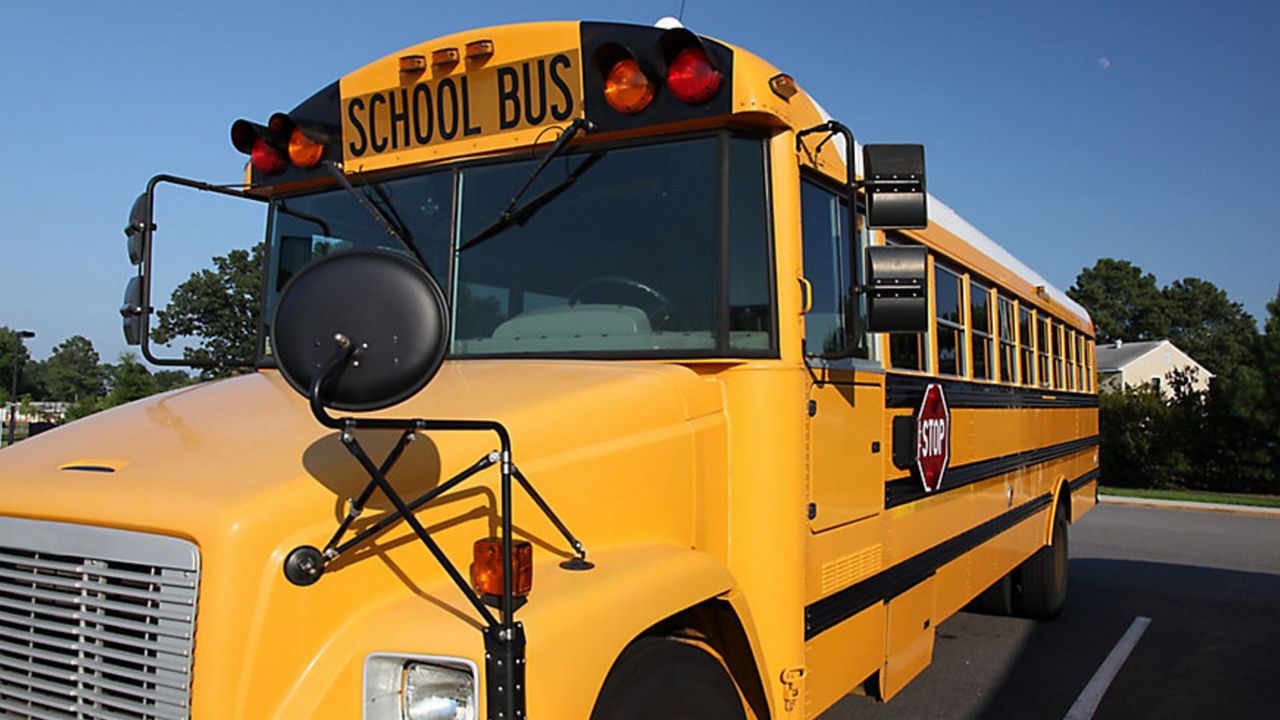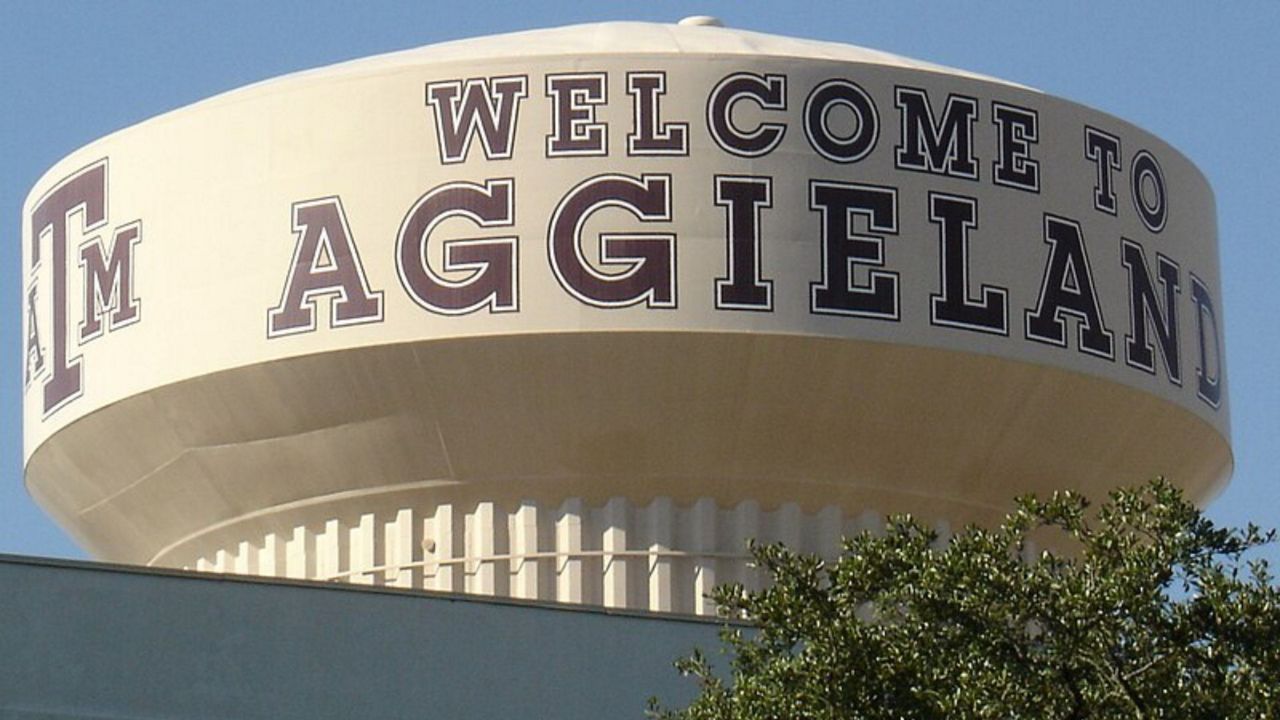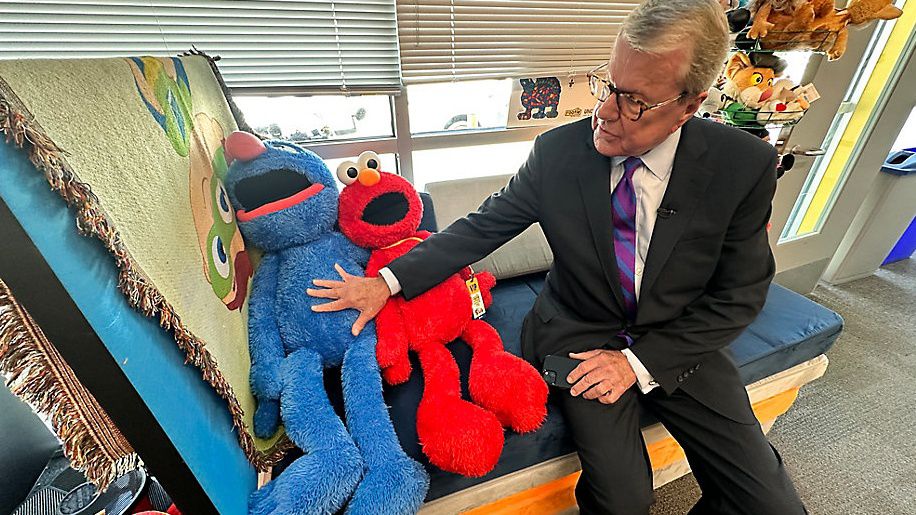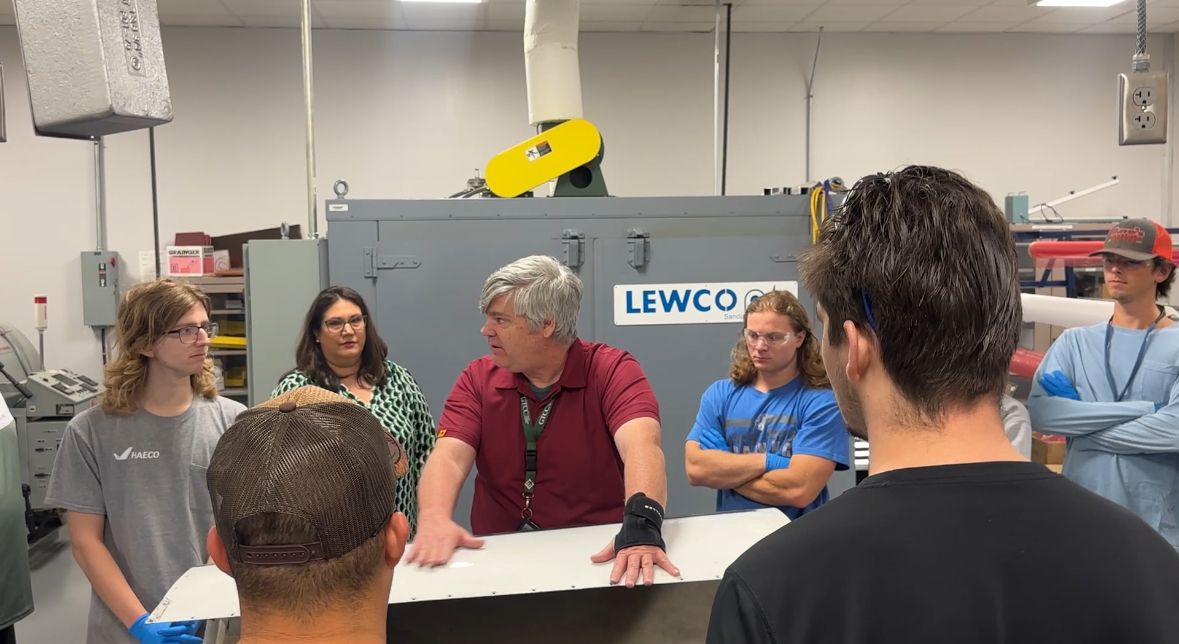School boards in North Carolina will have to review face mask policies at least once a month under a new law signed this week by Gov. Roy Cooper.
The new law includes a dozen provisions for public schools as the coronavirus pandemic continues into another school year.
Many of North Carolina’s 115 school boards already planned to regularly review mask policies, but not all are happy about the requirement to vote on those rules every month. School boards around the state have been the scene of heated debate and protests over mask mandates.
“Some of the school board meetings have become a little more contentious than we’re used to,” said Leanna Winner, head of the North Carolina School Boards Association. “Whether that continues or not remains to be seen.”
All but nine school districts in the state are now following the guidelines from the North Carolina Department of Health and Human Services, which call for everyone to wear a mask while in school buildings. On Wednesday, Dare County became the latest district to reverse its decision and require masks in schools.
Whether or not a school board requires masks, every district will now have to have a written policy that gets a vote at least once a month.
The new law allows districts to move classes or entire schools to remote instruction when they have coronavirus outbreaks among students or teachers.
Two districts, Graham and Mitchell counties, have already moved all classes online because of outbreaks in the small school districts, Winner said.
School districts aren’t just concerned about outbreaks among students. Smaller districts could have to shut down classes or schools if too many teachers test positive for the virus or get exposed and have to quarantine, she said.
“If we have too many teachers quarantined, we don’t have enough people to open up the school,” said Winner, whose association did not support or oppose the new law. “It allows districts to shift individual schools and individual classes to remote instruction.”
“Especially over the next few weeks, and not knowing what’s going to happen with Labor Day weekend, that’s a really important tool in the toolbox for school districts,” Winner told Spectrum News 1. She said travel and big gatherings over the long weekend could lead to new outbreaks around North Carolina.
“The next few weeks coming out of this weekend are going to be the most telling,” she said. If schools around the state start seeing clusters of COVID-19 cases in students and teachers, it could be a long semester.
The law also allows school districts to set up virtual instruction for students for the new school year. Districts will have to submit a plan by Oct. 1 if they want to have a fully virtual school option for this year.
The Superintendent of Public Instruction will set up a new committee to study virtual academies and report back to the General Assembly on how effective online learning is in North Carolina.
The new law also makes a temporary change to how school performance is measured.
State education leaders typically evaluate how schools are performing and make plans with low performing schools each year. But with all the disruptions and remote learning last year, the State Board of Education will not use the 2019-2020 school performance data to single out low-performing schools.
The state board will also not be calculating school performance grades for the last year. The state typically uses school data on achievement, growth and performance to give each school an annual performance grade.









